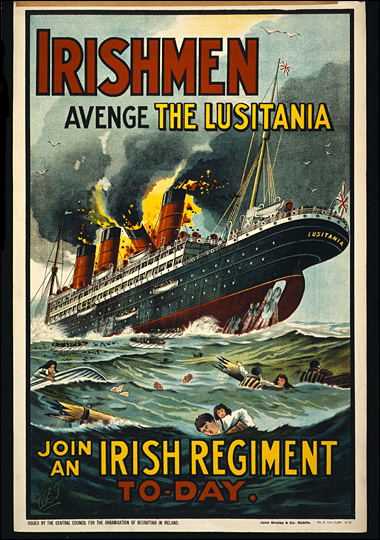Announcement
Collapse
No announcement yet.
Requiescat in pace
Collapse
X
-
Re: Requiescat in pace
Planning in The Face of Frequent Exogenous Events
Generating optimal plans in highly dynamic environments is
challenging. Plans are predicated on an assumed initial state,
but this state can change unexpectedly during plan generation,
potentially invalidating the planning effort.
The ultimate solution to this conundrum may have already been stated:
"We are an empire now. We make reality."
Stay tuned . . . .
-
Re: Requiescat in pace
half the passengers were dutch.Originally posted by Woodsman View Post
see your mom/dad/sibling/relative or friend in this vid?
war in the 'net age.
how many dutch citizens picking a side & ready to join in the war tonight?
Comment
-
Re: Requiescat in pace
And so it goes.Originally posted by metalman View Posthalf the passengers were dutch.
see your mom/dad/sibling/relative or friend in this vid?
war in the 'net age.
how many dutch citizens picking a side & ready to join in the war tonight?


Comment
-
Re: Requiescat in pace
When World War I erupted in 1914, President Woodrow Wilson (1856-1924) pledged neutrality for the United States, a position that the vast majority of Americans favored. Britain, however, was one of America’s closest trading partners, and tension soon arose between the United States and Germany over the latter’s attempted quarantine of the British Isles. Several U.S. ships traveling to Britain were damaged or sunk by German mines, and in February 1915 Germany announced unrestricted submarine warfare in the waters around Britain.
In early May 1915, several New York newspapers published a warning by the German Embassy in Washington, D.C., that Americans traveling on British or Allied ships in war zones did so at their own risk. The announcement was placed on the same page as an advertisement of the imminent sailing of the Lusitania liner from New York back to Liverpool. The sinkings of merchant ships off the south coast of Ireland prompted the British Admiralty to warn the Lusitania to avoid the area or take simple evasive action, such as zigzagging to confuse U-boats plotting the vessel’s course.
THE LUSITANIA SINKS: MAY 7, 1915
The captain of the Lusitania ignored the British Admiralty’s recommendations, and at 2:12 p.m. on May 7 the 32,000-ton ship was hit by an exploding torpedo on its starboard side. The torpedo blast was followed by a larger explosion, probably of the ship’s boilers, and the ship sank off the south coast of Ireland in less than 20 minutes.
It was revealed that the Lusitania was carrying about 173 tons of war munitions for Britain, which the Germans cited as further justification for the attack. The United States eventually protested the action, and Germany apologized.
"Remember the Lusitania!"
Comment
Comment